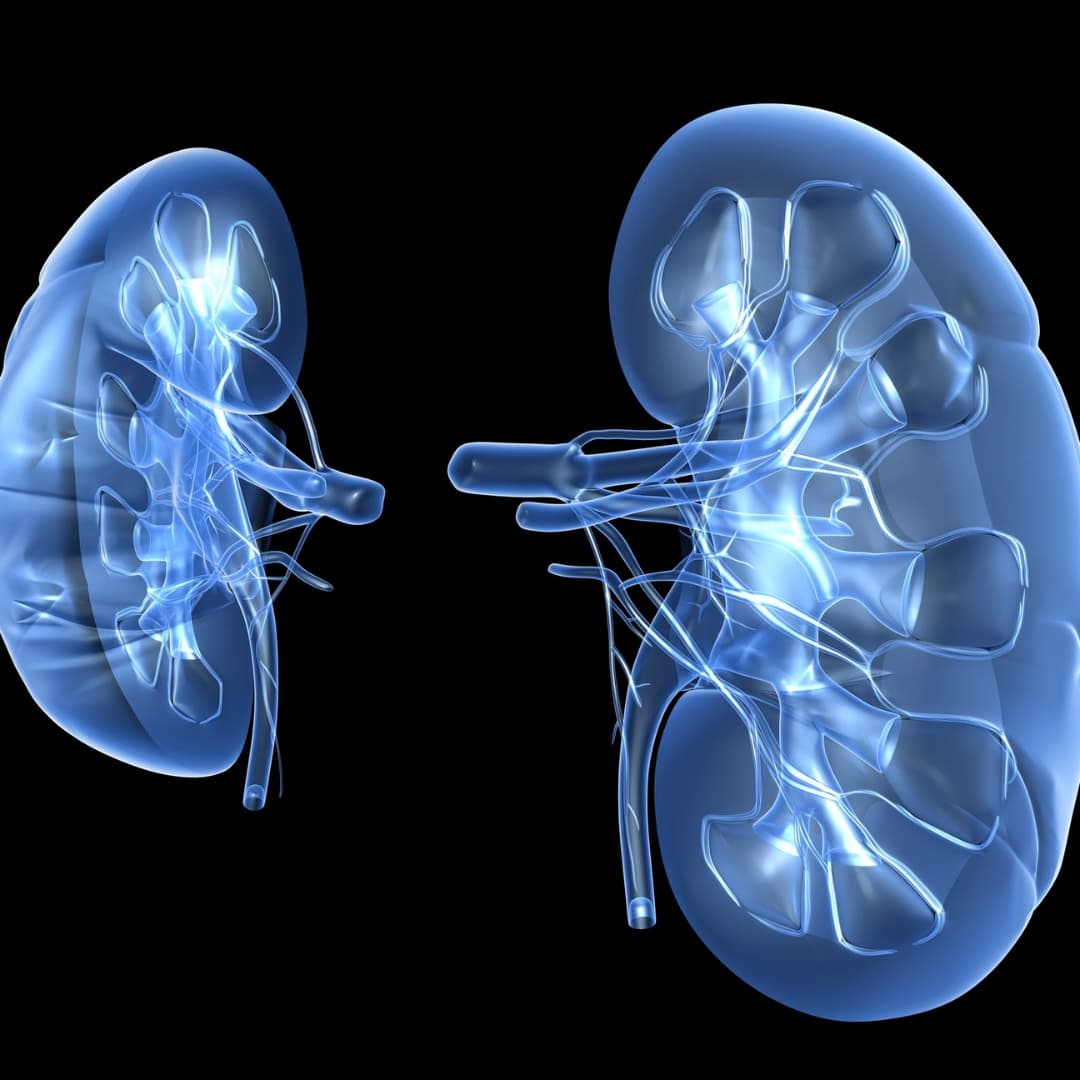Acute Kidney Injury (AKI) & Acute Renal Failure
Acute Kidney Injury (AKI), also known as Acute Renal Failure, is a sudden loss of kidney function that develops within hours or days. It causes waste and fluid to build up in the body, which can be life-threatening if not treated quickly. With timely diagnosis and treatment, kidney function can often be restored fully or partially.

Symptoms of Acute Kidney Injury
- Sudden decrease in urine output.
- Swelling in legs, ankles, or face.
- Shortness of breath or chest pain.
- Nausea, vomiting, or poor appetite.
- Confusion, dizziness, or fatigue.
- Irregular heartbeat due to electrolyte imbalance.
Causes of Acute Kidney Injury
- Severe dehydration or blood loss.
- Sepsis or infections affecting kidneys.
- Heart failure or liver disease.
- Obstruction in the urinary tract (stones, tumors, prostate issues).
- Certain medications or toxins damaging kidneys.
- Sudden drop in blood pressure due to shock or surgery.
Managing Acute Kidney Problems: Do's & Don'ts
- Do's
- Seek immediate medical attention if symptoms appear.
- Stay hydrated unless restricted by your doctor.
- Monitor urine output regularly during illness.
- Take prescribed medicines and follow doctor's instructions strictly.
- Get regular follow-up tests to track kidney recovery. Don'ts
- Do not ignore sudden swelling, reduced urination, or breathing issues.
- Avoid self-medicating with painkillers or antibiotics.
- Don't consume high-salt, high-protein, or processed foods.
- Avoid alcohol and smoking which can worsen kidney stress.
- Don't delay hospitalization in case of severe symptoms.
